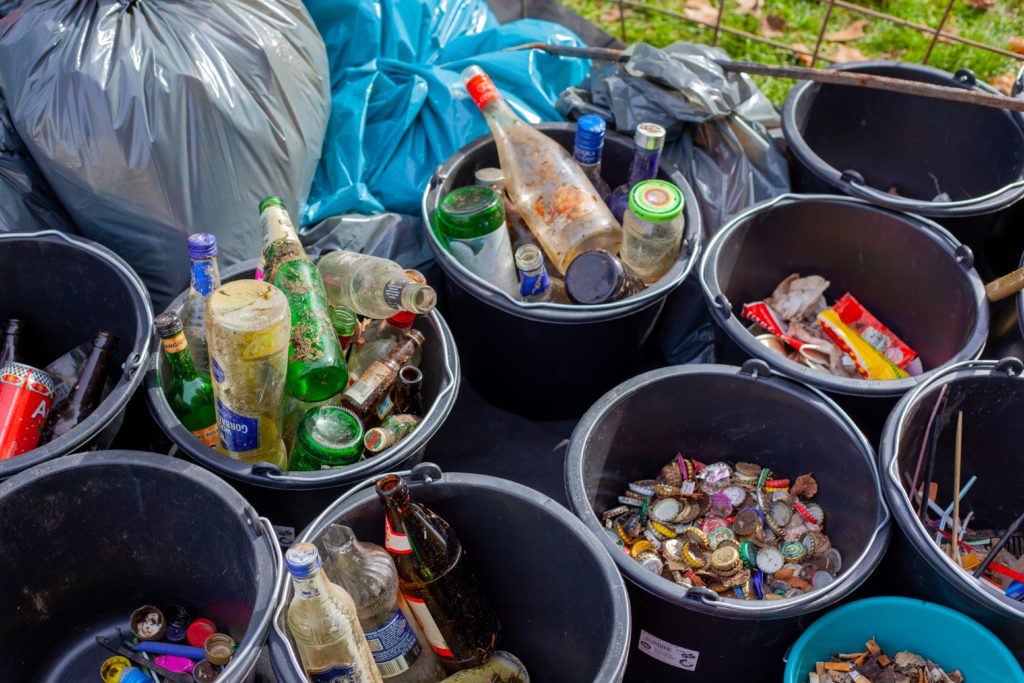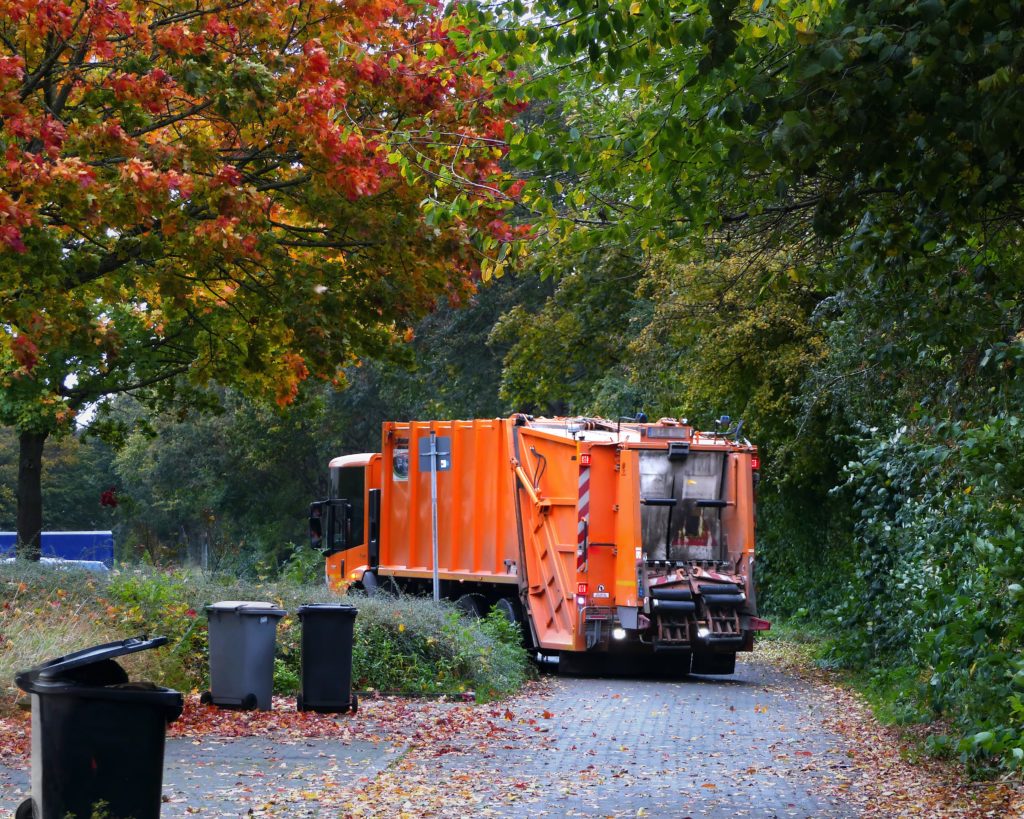Our work at the EU level focuses on making the bridge between zero waste practices at the local level and its transposition to EU wide legislation.
We are extremely proud of our legislation achievements over the past decade – check them out below!

Excluding Waste-To-Energy from the Recovery and Resilience Facility
The European Parliament position on the Recovery and Resilience Facility, referring to the “do no significant harm” criteria of the Taxonomy Regulation, resulted in the exclusion of Waste-To-Energy (WTE) from its scope. It is worth remembering that the aim of this instrument is to mitigate the economic and social impact of the COVID-19 pandemic; and make European economies and societies more sustainable, resilient, and better prepared for the challenges and opportunities of the green and digital transitions.
Learn more
2020 - Keeping incineration out of the Just Transition Fund
The Just Transition Fund - a tool worth €17.5 billion to support people, the economy, and the environment in 2021-2027 - excluded waste incineration from its scope, favouring investments in sustainable solutions in line with the circular economy requirements.
Learn more
2020 - Keeping incineration out of the European Regional Development Fund and Cohesion Fund
The European Regional Development Fund and Cohesion Fund, a tool worth €242.9 billion, kept waste incineration out of its scope. Conversely, it included investments in Material Recovery and Biological Treatment (MRBT) facilities in its scope, showing a promising step forward towards a more circular economy in Europe.
Learn more
2020 - Keeping incineration out of the EU Taxonomy Regulation
After years of hard work, and having to contend with opposing forces from the energy industry, Zero Waste Europe successfully ensured the exclusion of incineration from the EU Taxonomy Regulation, which establishes the actual list of environmentally sustainable activities in the Union.
Learn more
2019 - Influencing the EU Single-Use Plastics Directive
The hard work and efforts of Zero Waste Europe, the Break Free From Plastic movement, and the Rethink Plastic alliance led to the adoption of the EU Single-Use Plastics Directive - a pioneer legislation to curb the consumption of one of the biggest sources of plastic pollution.
Learn more
2018 - Increasing the ambition of the Waste Framework Directive
The best practices of the European network of zero waste cities were used to set the bar of ambition when amending the waste framework directive. Thanks to success stories such as those of Contarina, Ljubljana, and Parma, the EU inserted in EU legislation new recycling targets of 65%, eco-modulation of EPR fees and the obligation to separately collect biowaste by 2023 among many others.
Learn more
2015 - Amending the Packaging And Packaging Waste Directive
After years of raising awareness, mobilising, and building pressure through actions such as the Plastic Bag Free Day, the European Union approved an amendment to the Packaging And Packaging Waste Directive to limit the use of single-use plastic bags in Europe to 90 bags yearly per person by 2019.
Learn more
2013 - A circular economy through a zero waste narrative
When the European Commission drafted its first ever proposal for a circular economy, Zero Waste Europe provided valuable inspiration and goals. “Towards a circular economy: a zero waste programme for Europe” was the first European Commission document to propose leaving incineration behind, and stepping up prevention and recycling efforts.
Learn more
2021 - Capping residual waste to reduce methane emissions
Zero Waste Europe contributed with evidence-based input and expert recommendations to the 2021 "An EU strategy to reduce methane emissions" report by the European Parliament.
The report calls the European Commission to bring the EU Landfill Directive into line with the overarching principles of the Circular Economy Action Plan; to focus the future revision of the relevant Directives on prevention and capping residual waste generation; and to improve the 10% landfill target by defining a landfill cap in kg per person per year. Additionally, the report highlights that there should always be a feasible biological treatment option, such as composting or anaerobic digestion; and calls for the end EU funding for waste incineration.